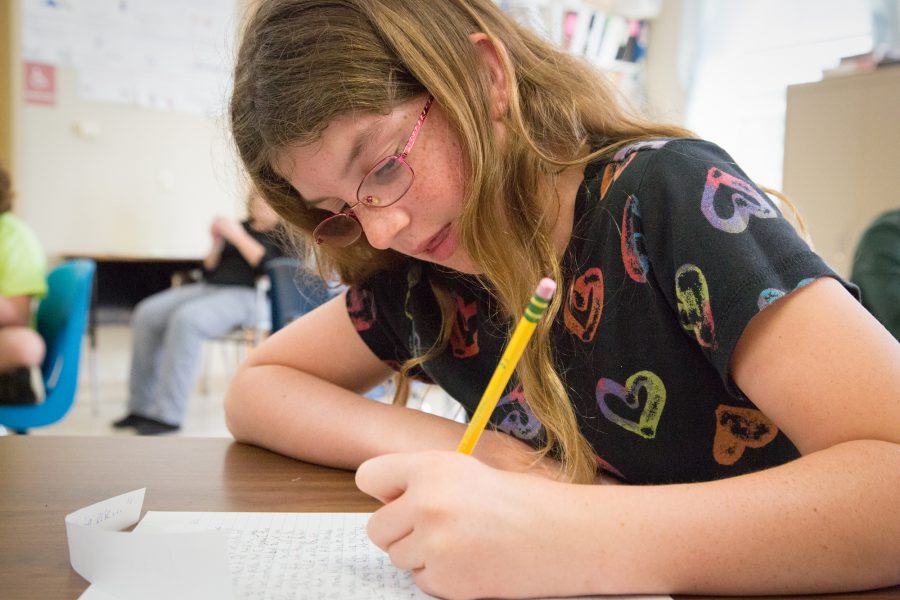
People are getting more enlightened today with the help of literacy. Without literacy, we wouldn’t be able to shape meaning out of the world. That is why it is so important to continue fighting for the increase of literacy for everyone. In the case of children, literacy isn’t just about understanding things and expressing opinions. There’s now intriguing research suggesting how the varying levels of literacy among children could have something to do with their behavior, too. Below is the summarized research that suggests there might just be a correlation between literacy and behavioral patterns.
The Findings
Although the findings are not claiming to be complete and infallible, there’s enough in the study to indicate the cause and effect of literacy to children’s development in their behavior and social skills. That said, the results of the Abnormal Child Psychology study made by Mash, E.J and Wolfe through the help of Wadsworth Thomson Learning in Belmont, CA are interesting, remarkable and need more of our attention.
One of the findings in the conducted study showed that younger children having difficulty in reading comprehension and literacy end up showing problematic behaviors in their future years, compared to those who have better reading comprehension in the same situation. These children already exhibited significant signs and levels of anxiety, oppositional behaviors, and social problems. While it’s early to tell what these symptoms mean, these findings are worth noting to prevent the condition from worsening.
Theories
There is numerous analysis of these findings to arrive at the cause and effect of such connection. One theory cites atypical neurological development as the culprit in the children’s challenges to understand and comprehend reading. Various genetic factors were also criteria in understanding why this might be happening. It’s also worth considering that the environmental conditions of the child could play a large part in how these changes occur.
Another theory is that those students who have a difficulty with reading might just become angry or frustrated with their schooling and thus act out. It is very important to recognize these possibilities early, so both lack of literacy and aggression can be mitigated and avoided for the child’s success.
Prevention
With the connection between literacy and behavior significantly established, it may help to promote different strategies and prevention mechanisms just so to prevent children from developing unproductive and counter-intuitive behavior in the future.
One of the solutions theorists proposed is to develop the behavioral management system for these children. Early literacy interventions should also be established. Not many people understand that literacy is more than just comprehension. It’s more than just knowing what is there and what is written on paper. There is enough evidence to show that literacy could be instrumental in generating more socially-calibrated individuals.
There should be active involvement from all parties involved in children’s education to offer them a more improved and engaging training that will enhance their prosocial skills. One of the strategies proposed is what is called a Self-Regulated Strategy Development. This strategy gives extensive attention to children’s writing skills to make them more adaptable to the environment. Those who can communicate well can better express their emotions and will most likely make them control their attitude towards others for the better.
Of course, when this training is established, there will be less time for other areas of development. There will be a compromise or sacrifice of some sorts. The teachers must make sure that the right areas of the children’s development are addressed first before going for the literacy strategy. You don’t want to sacrifice one’s area of improvement for another, so a balance should be achieved.
Sometimes, though, the best way to prevent something like this from happening is just awareness. The issues with literacy and education can be commonly overlooked when trying to figure out behavioral patterns in a child. The relationship between the two should definitely be considered when problems arise at a young age.
McKenzie Brower is a contributing writer and media specialist for Youth Villages. She regularly produces content for a variety of lifestyle and advice blogs based around family living and enriching children’s lives.



